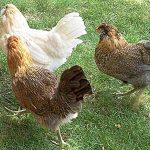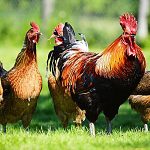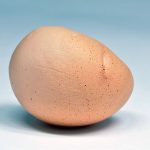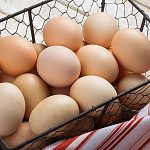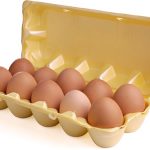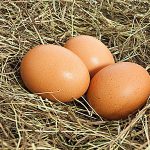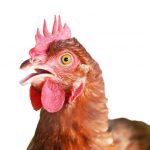
Blindness is not a common condition among chickens. But when it does occur, it can be disconcerting for both the chicken and the human handler. Aside from injury resulting from a poke in the eye, here are three main reasons why a chicken goes blind. Marek’s Disease Marek’s disease is a cancer in chickens caused […]
Continue Reading
